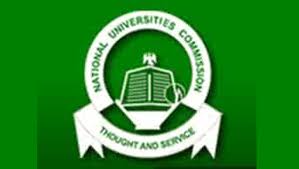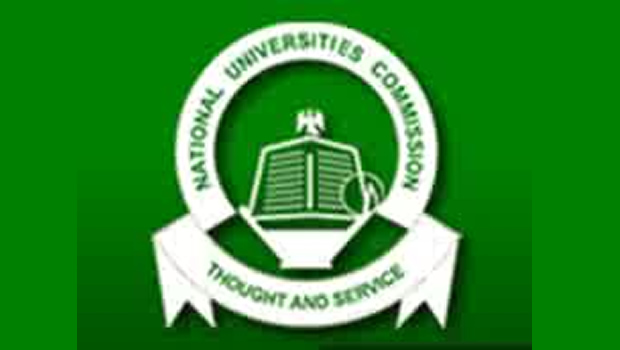NUC rallies top U.S.-based Nigerian scholars to boost research in Nigerian universities
(Agency Report)
Seven federal universities are up for major international academic infusions as distinguished US-based Nigerian scientists are teaming up on voluntary basis with the National Universities Commission, NUC, to rekindle academic research in Nigerian universities and create global partnerships that will bolster scientific scholarship and innovation in the country, Empowered Newswire reports.
Under the new scheme announced in Atlanta, United States over the weekend, the NUC and the U.S.-based Nigerian scholars will work to “promote a culture of research and training excellence in Nigerian universities; boost the academic scholarship of the scientists; strengthen the applied biological, biotechnology and biomedical science curricula; and assure international recognition of institutional academic programs.”
Although seven institutions with biomedical and biotechnology programs (namely, University of Ibadan, University of Benin, Usman Dan Fodio University, Nnamdi Azikiwe University, University of Lagos, University of Ilorin and Federal University, Otuoke) are initially chosen as the focus, the initiative is designed for all Nigerian universities and other higher institutions.
In fact the NUC Executive Secretary, Julius Okojie, a professor, has already successfully co-opted an initial team of eight notable names in U.S. and global medical and scientific community including one at Emory University, one of Atlanta’s topmost professors, Nelson Oyesiku, who has led the global association of neurosurgeons, Congress of Neurological Surgeons (CNS) as President; University of Chicago’s Professor Funmi Olopade, who is currently on President Barack Obama’s National Cancer Advisory Board, and Professor Joseph Igietseme, whose expertise in the U.S. scientific research community is underscored by the fact that the American government through its agencies like the CDC-his employer- and the National Institutes of Health (NIH) earmarked about $20 million to support his research over the last decade.
Also on the team are Professor Charles N. Rotimi, the director of the U.S. government-owned National Institutes of Health’s Centre for Research on Genomics and Global Health, in Maryland; Professor Abba Gumel, a Mathematics professor at the Arizona State University in Phoenix; Professor Francis Eko, a professor in Microbiology, Biochemistry & Immunology at the Morehouse School of Medicine, Atlanta; Professor Innocent N. Mbawuike of the Department of Molecular Virology & Microbiology, Baylor College of Medicine, Houston; and Professor William Undie, Professor and Chair of Radiologic Sciences at The University of Texas, M.D. Anderson Cancer Center, Houston.
According to the statement, the NUC initiated the Promotion of University Biomedical Science Research Development, PUBSD, as an offshoot of the 2012 national summit on Biomedical Science Research (BSR) hosted by the commission and attended by representatives of several universities in the country.
The aims of PUBSD, the statement said, include building and strengthening research and training capabilities in basic, applied biological, biotechnology and clinical biomedical sciences in Nigerian universities according to the statement by the NUC and the new international body, PUBSD.
The NUC also established an International Coordinating/Advisory Committee of the PUBSD, and has mandated it “to actively recruit world-class and resourceful foreign and Diaspora-based Nigerian scientists.”
While Mr. Igietseme has been named as the International Coordinator of the PUBSD in the US, Prof. Eugene Okpere will act as the Nigerian-based National Coordinator of the scheme while Dr. C.J. Nwosu will be the NUC Coordinator in Abuja.
Speaking on the initiative, Mr. Igietseme, said the effort would produce “a thriving academic research enterprise that will enhance the national skilled manpower development of Nigeria, support and drive a profitable national Research and Development (R&D) for a growing bio-economy sector, stimulate and sustain national innovation, job creation, and contribute to national security and defense”



